The Ubiquity of Video Recordings
In today's world, capturing life's moments with a smartphone or security camera has become second nature. Whether it's recording our child's first steps or documenting a public event, the pervasiveness of video recordings is undeniable. However, the question that often arises is: can these recordings be used as evidence in legal matters? You're not alone in pondering this—understanding the legal intricacies of using video recordings as evidence is crucial.
Public vs. Private Spaces
At the federal level, video recordings are generally permissible in public areas where there is no expectation of privacy. Think about places like streets and parks, where capturing video is usually within legal bounds. Conversely, recording in private spaces such as restrooms, dressing rooms, or hotel rooms is illegal without consent and can constitute a federal crime. It's vital to distinguish between what counts as a public versus a private space when considering the legality of a recording.
Audio Recording Rules
When it comes to audio recordings, the rules differ. Federal law mandates one-party consent, meaning you can record a conversation if you are a party to it. However, be cautious—many states require all-party consent. This means that everyone involved in the conversation must agree to the recording, which adds another layer of complexity for interstate or multi-state conversations. Following the strictest applicable law—often all-party consent—is recommended.
Workplace and Semi-Public Areas
In workplaces or semi-public areas, the rules can be murkier. Depending on state laws, video and especially audio recordings might require explicit consent or disclosure. Understanding your state's specific legal requirements is essential to ensure compliance and avoid potential penalties.
Potential Legal Consequences
Secretly recording someone in a private setting is almost always illegal and can lead to severe legal ramifications. It's important to remember that state laws might be stricter than federal ones, and flouting them can result in criminal or civil penalties. The possibility of facing such consequences is a strong deterrent against unauthorized recordings.
Respecting Legal Boundaries
While technology has made it effortless to record, it is crucial to understand and respect legal boundaries. Before hitting "record," especially in private or semi-private settings, pause and consider the potential legal implications. If you're uncertain about the legality of a situation, seeking legal advice can prevent costly mistakes and ensure that your actions align with the law.


